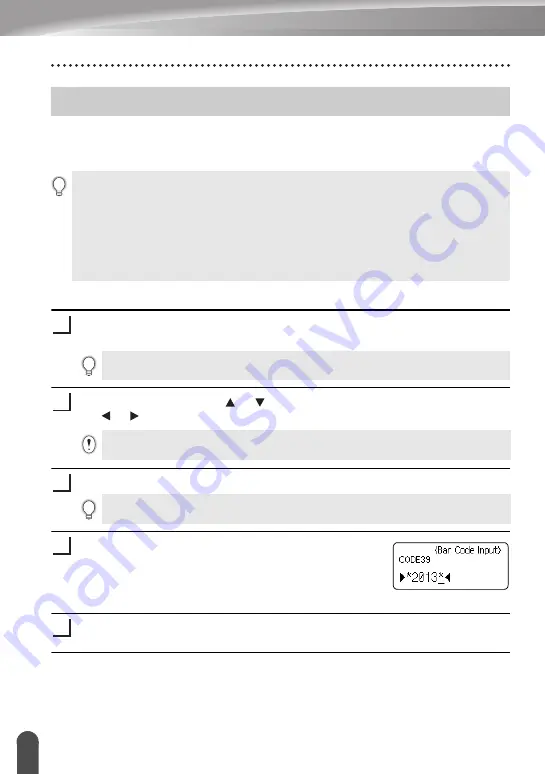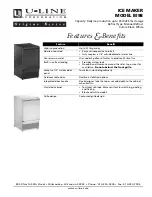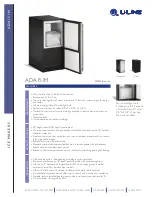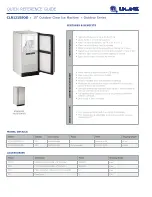
EDITING A LABEL
44
Creating a Bar Code Label
Using the Bar Code function you can create labels with one dimensional bar codes for use
with cash registers, stock control systems or other bar code reader systems, or even asset
control tags used in an asset management system.
Setting Bar Code Parameters and Entering Bar Code Data
Press the
Bar Code
key.
The Bar Code Setup screen is displayed.
Select an attribute using the
or
key, and then set a value for that attribute using
the or
key.
Press the
OK
or
Enter
key to apply the settings.
Type in the bar code data.
Special characters can be entered in the bar code when
using the CODE39, CODE128, CODABAR or GS1-128
protocols. When not using special characters, go to
step 7.
Press the
Symbol
key.
A list of characters available for the current protocol is displayed.
Creating a Bar Code Label
• The P-touch is not designed exclusively for creating bar code labels. Always check that bar code labels
can be read by the bar code reader.
• For best results, print bar code labels in black ink on white tape. Some bar code readers may not be able
to read bar code labels created using coloured tape or ink.
• Use the “Large” setting for “Width” whenever possible. Some bar code readers may not be able to read
bar code labels created using the “Small” setting.
• Continuously printing a large number of labels with bar codes can overheat the print head, which may
affect printing quality.
1
Up to five bar codes can be entered on a label.
2
Characters may not appear below the bar code even when “On” is selected for “Under #”, depending
on the tape width being used, the number of lines entered, or the current character style settings.
3
New settings are NOT applied if you do not press the
OK
or
Enter
key.
4
5
















































